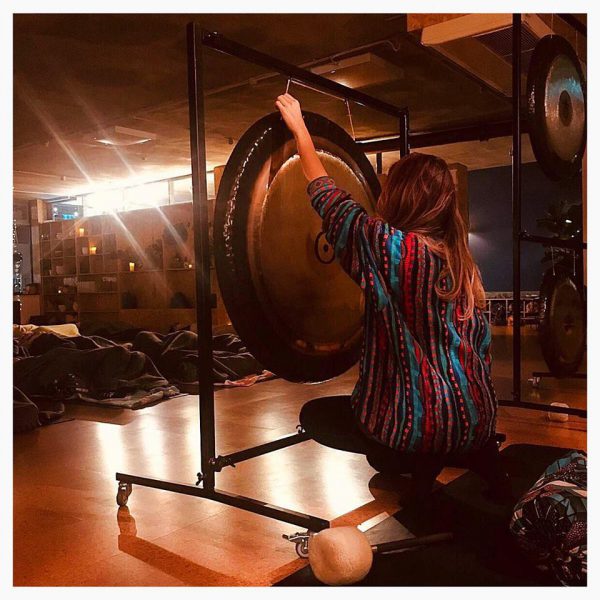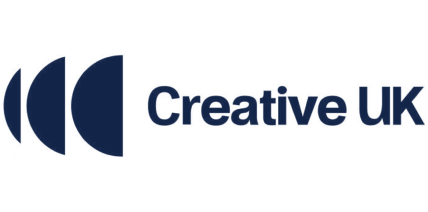With the spotlight on our mental health this month, we looked at the connection between creativity and our emotional wellbeing. Is being a creative as much of a help as a hindrance when it comes to mental health?
Creativity and Mental Health
There is a certain amount of poetic irony that creativity can be the antidote to, as well as the cause of mental health issues.
For those who work in the creative industries the whole experience can be a double-edged sword. You now work – probably after a long amount of training, skill-perfecting, poverty, rejection and perseverance – in an industry that you “love”. Therefore, you should be happy, right? Right? Perhaps not as one study suggests:
People working in creative industries are three times more likely to experience mental health problems.
This could be because of:
- Poor Pay
- Feeling undervalued
- If you are a freelancer or own your own creative
business, it can be harder to get financial backing, loans, mortgages etc as
the industries are seen as less “stable” (despite actually being one of the highest
grossing contributors to the UK economy) - Irregular working hours,
- Lack of job security
- Public perception of a “Creative”
- Imposter
Syndrome

Link between mental health and creative industries
Professor Siobhan O’Neill from the Psychology Research Institute at UU led a research
into mental health and the creative industries. She said the study found that often people with existing mental health issues “are maybe drawn to the creative industries to help them work through their own issues.”
“But we also think there are a lot of aspects of working in the creative sector that would actually increase the risk of mental illness too.”
“It is both the type of people who might want to do these jobs and also the nature of the employment itself.”
“There is a fundamental issue here about how society views the arts and what we are prepared to give for that – one in five people reported living below the poverty line, that of course is going to be a cause of stress, and it is just unacceptable,” she said.
The study found the most commonly diagnosed disorders were anxiety (36%) and depression (32%) while 60% of participants reported having had suicidal thoughts. However, the majority of participants said they felt hopeful and considered themselves to be happy.
Peter McBride of charity Inspire, said people who are creative are likely to be “more in touch with their feelings.”
“That can mean they sometimes experience things differently or more deeply than other people, that’s part of their craft. And in a way that is their gift to us, part of our research shows they pay a price for that,” he said.
Breaking a culture of silence
When will, “I can’t come in today because I’m feeling depressed” be seen as worthy as “I can’t come in today because I’ve got a temperature/cold/flu”? There are plenty of statistics available about the unspoken taboo of mental health, and the effect it is having on our lives, in and out of work:
- At least one in six workers experience mental
health problems at work - 1 in 4 of us will suffer from mental illness
- Only 11% of sufferers talk to their employer
about their mental health.
When it comes to mental health and wellbeing negative terminology is used such as illness and disorder. When you accompany this with archaic mental health practices it is perhaps no wonder we don’t speak about it, acknowledge it or even understand it. The fantastic campaign at the heart of 2017
Creative Shootout was mental health, particularly amongst men, with the focus being on “time to talk” and breaking the culture of silence.
Causes of stress & mental health issues
The most common causes of stress and mental health issues include increased work intensity, less job security, less autonomy, target-driven work cultures, bullying, and harassment. There are certain warning signs and symptoms to look out for which include:
- Decreased concentration and memory
- Difficulty in decision making
- Thoughts of escape
- Lack of objectivity
- Weight Fluctuation
- Headaches, digestive disorders, and chest pains
- Sleep disturbance and fatigue
- Repetitive thinking
- Negative thinking
- Frustration and irritability
- Increased use of substances
- Taking risks with your health
- Working late or early, or missing work because of stress
- Nervousness, fear or sadness
Businesses have a duty of care, a moral and legal obligation to ensure the well-being of their people. It’s also vital that we do more to look after each other and collectively thrive. That’s what humanity is all about.
How to keep mental-healthy!

If we want to encourage people to take risks they’ll need to know that someone will be there to catch them if they fall, this means supporting one another. They’ll also need to start trusting themselves, this means being proactive and taking steps ourselves.
There are practical things you can do as an individual, a creative, a business owner and employer:
- Meditation
- Regular exercise
- Yoga
- Taking regular breaks – both short and long
- Workplace wellness is a flourishing industry. There are lots of companies offering workplace courses in mindfulness, wellbeing, desk yoga and meditation. Floagency are such an organisation who can help us to keep balanced at work.
- Ever thought of trying sound therapy? Liver Happy Life offers advice on how nutrition can affect your mental health as well as offering Gong Therapy in London.
Mental Health knows no Boundaries
From CEO to intern, mental health issues can affect us all regardless of social or financial status, race, religion, sexual orientation, gender – we can all be affected. Mental Health Week is a great way to talk and highlight the subject but let’s make a pact to be mindful all year round. Are you in?








